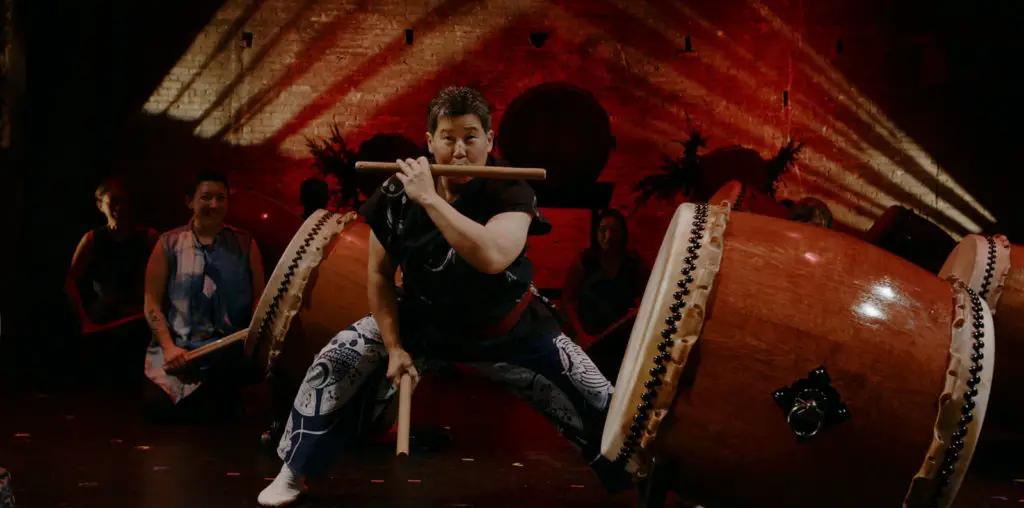
The creation of Alfred Hitchcock’s “Psycho” was a landmark event in the history of American film production and distribution, as a myriad of taboos were quickly sliced away by Norman Bates’ knife and the brilliant director’s imaginative visual style and mastery of marketing.
Sacha Gervasi’s biopic “Hitchcock” details the challenges that went into making “Psycho,” with the eponymous director fighting the Hollywood establishment while simultaneously battling his own self-destructive impulses. The film suggests that equal credit for the audacious success of “Psycho” should be shared with Hitchcock’s wife Alma Reville, who (according to the film) offered vigorous input ranging from extensive screenplay rewrites to substituting as a director when her husband was ill to co-supervising the editing process.
The Hitchcocks, according to the film, had a peculiar relationship. She tolerated his obsessions with Hollywood blondes – it is suggested that his frenzy never progressed beyond emotional fantasies – and clearly enjoyed the material rewards purchased by his successful career. He was highly dependent on her advice and input (although she is not blamed for a number of box office flops that weakened his reputation prior to “Psycho”), but his jealousy over her professional relationship with a handsome but second-rate screenplay writer nearly derails their reel-life and real-life relationships.
“Hitchcock” is blessed with an A-list cast led by Anthony Hopkins, buried in a fat suit and heavy make-up, as Hitchcock and Helen Mirren as his wife. The “Psycho” cast is recalled by Scarlett Johansson as Janet Leigh, Jessica Biel as Vera Miles and James D’Arcy as Anthony Perkins; Josh Yeo, cast as John Gavin, is barely visible except for his muscular arms caressing a highly visible Johansson in the recreation of the steamy opening “Psycho” sequence.
The film is not without its problems. The film unfairly minimizes the input of novelist Robert Bloch (the author of the book that inspired the film) and screenwriter Joseph Stefano (played by Ralph Macchio as a neurotic nut). Hitchcock is also shown engaging in imaginary conversations with Ed Gein, the Wisconsin mass murderer whose rampage inspired Norman Bates. These scenes are embarrassing and offer a false impression of Hitchcock’s emotional lack of balance during the birth of his most commercially successful achievement.
And, quite frankly, there is no Hitchcock-worthy level of suspense here because everyone knows what occurs when the public finally gets to see “Psycho.” Even the film’s closing gag can be guessed in advance by anyone with only a passing knowledge of the director’s post-“Psycho” canon.
Nonetheless, as glossed-over Hollywood biopics go, “Hitchcock” is a pleasant diversion.
